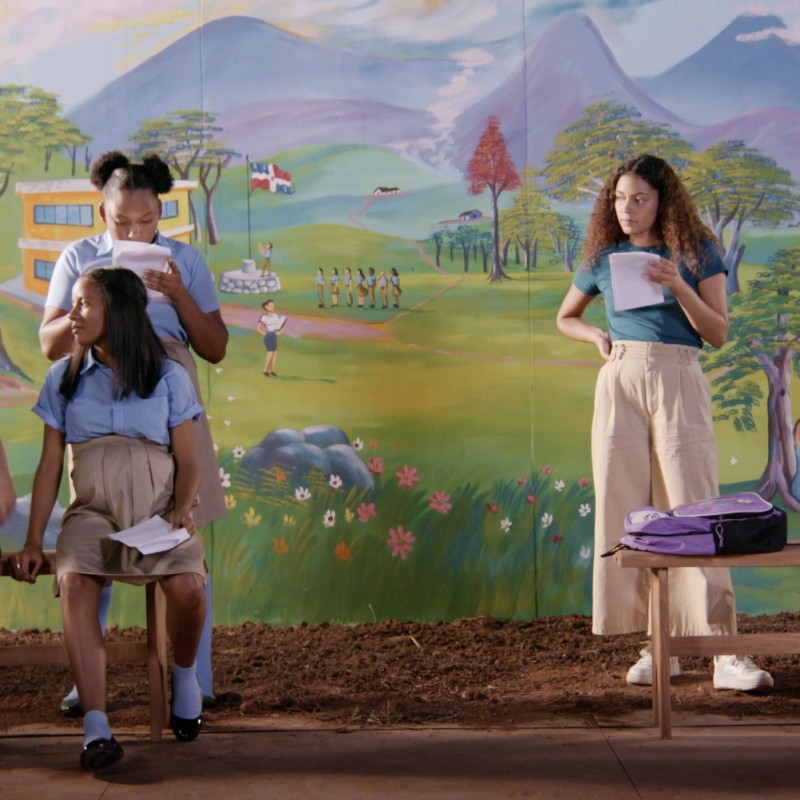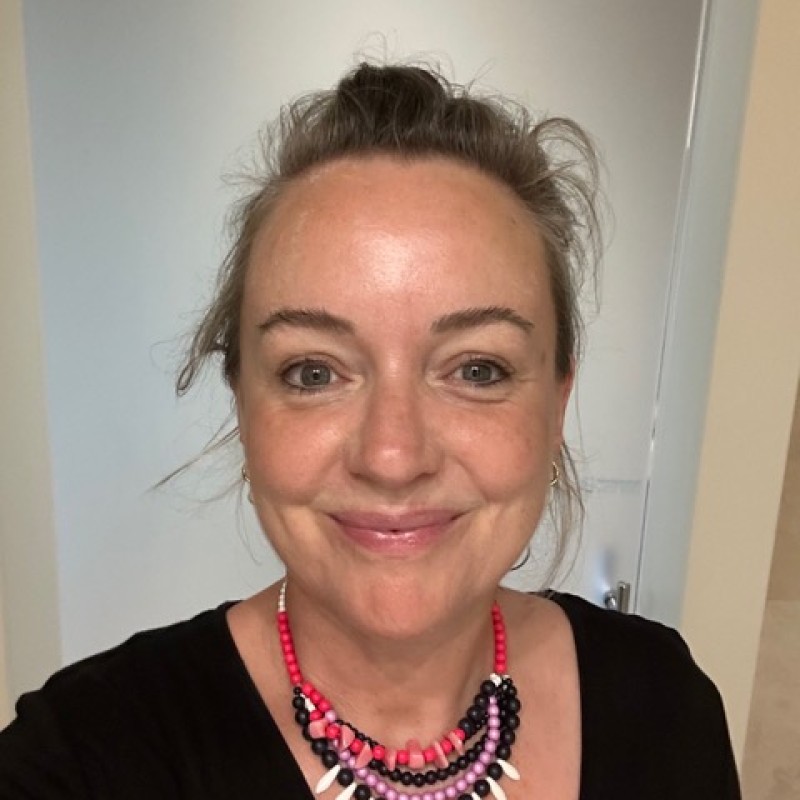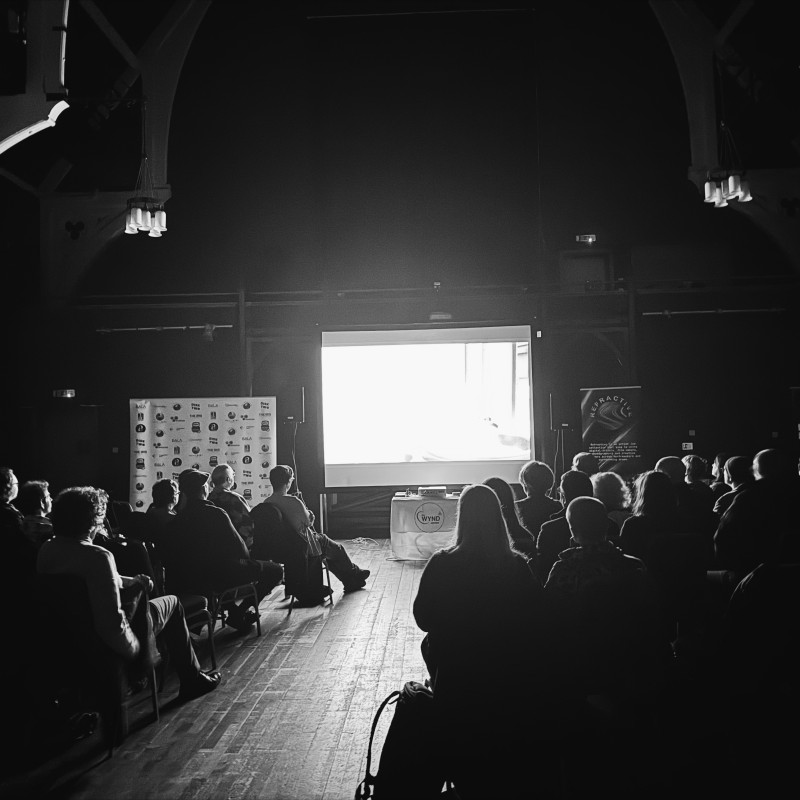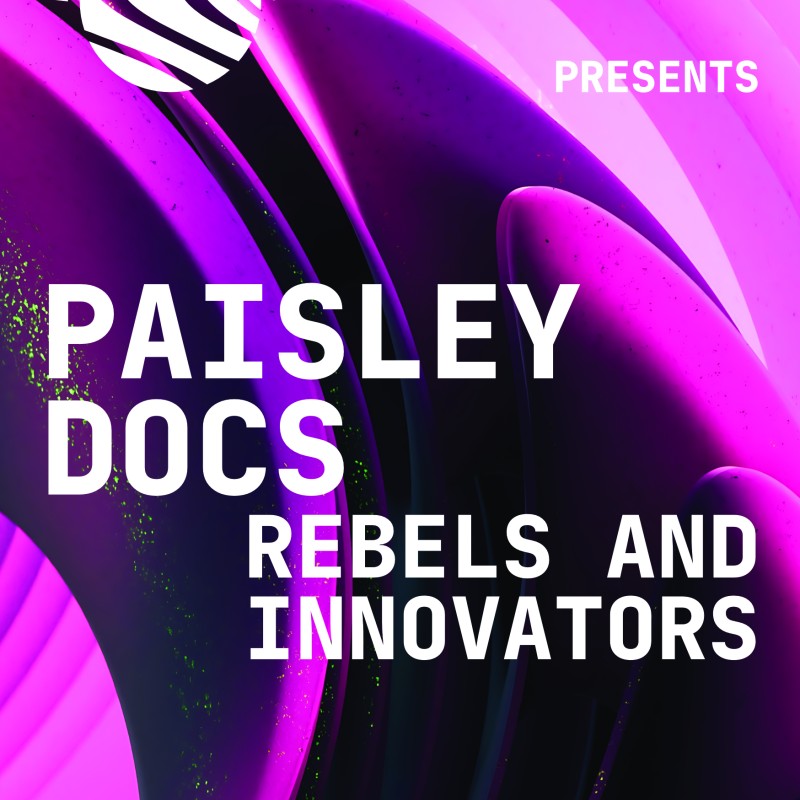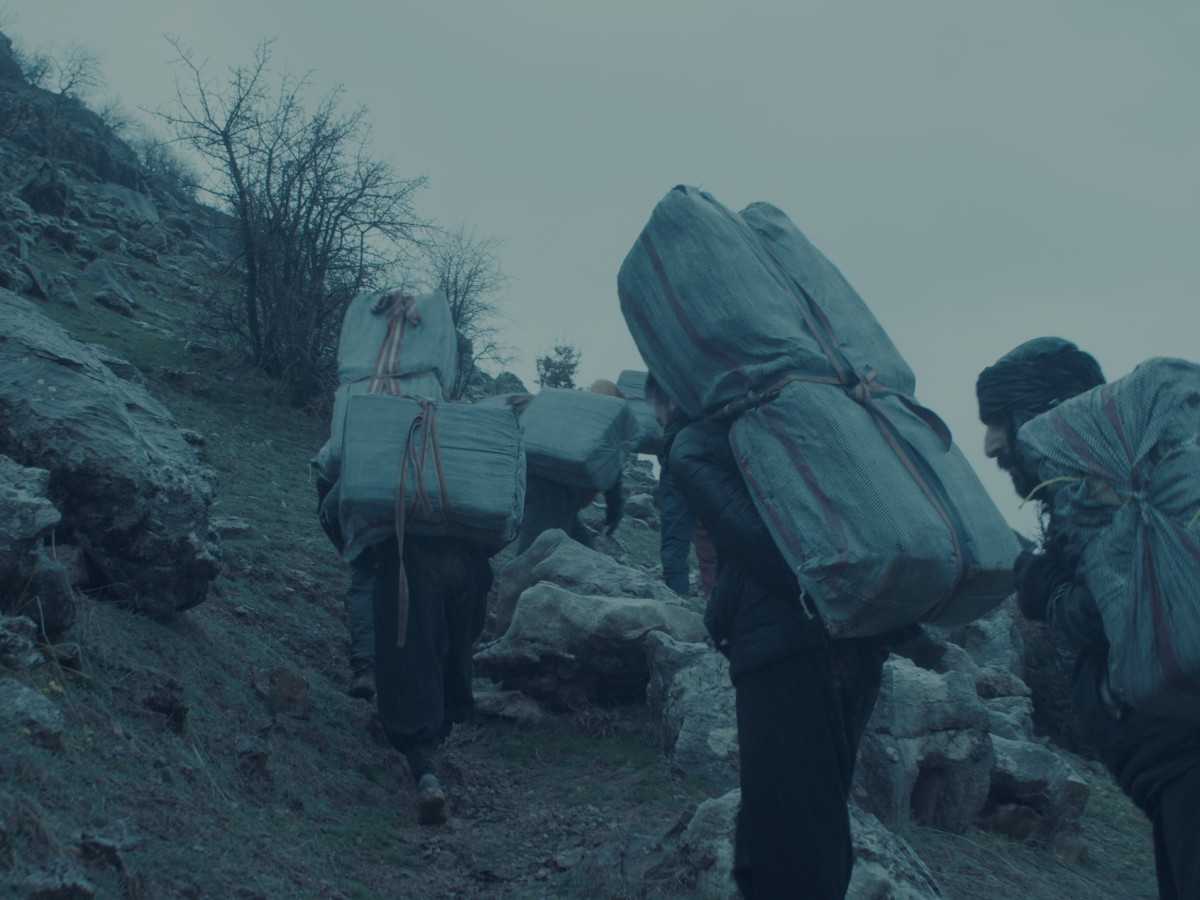
Ahead of our next Paisley Docs: Rebels and Innovators screening we are honoured to be able to share the words of Director Arash Rakhsha on his debut feature film All the Mountains Give.
Born in 1985, Kermanshah [Kurdistan, Iran], Arash grew up in a poor family who had a love and passion for great art and literature. At an early age, his father encouraged him to read great works from around the world and he soon found himself emersed in the novels of Dostoevsky, Chekhov, Salinger, and Faulkner. Step by step he discovered that storytelling could be a powerful tool that teaches kindness, empathy, and tolerance.
After being accepted to the dramatic literature program at the University of Tehran, Arash started to work in a photo agency which ignited his passion for photography. After a trusted professor came across his work, he was encouraged to pursue a degree in cinematography. He has dedicated himself to the craft ever since.
All the Mountains Give – Director’s Statement
If you are reading this statement, it’s probably because you have either seen the film, All the Mountains Give, or are preparing to screen it. I want to start by saying thank you for taking the time to watch and think about what has been an incredibly long and personal journey for me and everyone who participated in the making of the film. I started my journey on this film by putting several thoughts and questions down on the subject of living in Kurdistan and working as a kolbar. Some of my earliest notes were: In a world where the gravedigger’s salary is more than a person’s freedom, what defines the value of life? People who carry a Sisyphean-like stone to the top of the mountain every day and live in a place where poverty can be breathed. Here, people are silent from the inside. Here, even if there is a god, he will not be able to create happiness. Everything here is a Sisyphean suffering that is rooted to the marrow and bones of the people. In this place, solitude and agony continues shamelessly. Should I accept, as Albert Camus said, that Sisyphus’s victory is in his consciousness/awareness? The answer for Kurdistan is NO.
I am Kurdish and I was a kolbar from the time I was eighteen until I was twenty. No doubt, at this point, you know what that means and that young men risk their lives everyday for measly earnings. This form of smuggling does not exist anywhere else in the world and those who do the work get stuck in a tiresome cycle of exploitation. I was lucky enough to get out while I was still young but the experience lived with me as Hamid explains at the end of the film. While the film focuses mostly on Hamid and Yasser, it’s really about the life of Kurdish people living in this small town at the edge of Iran and Iraq. You could just as easily have called this film “Life” or “Living.”
The film took 6 years to shoot, which we mostly did during the pandemic. Should the film be programmed and released, I will have to leave Iran – it will simply be too risky to stay given how our government treats work such as this. But I want nothing more than to have this film shown around the world and seen also by fellow Kurdish people. There is so much dignity in the way we live our lives even in the face of such poverty. I want the world to see it.
Arash Rakhsha
All the Mountains Give will be showing as part of Paisley Docs: Rebels and Innovators at The Wynd Centre in Paisley on Saturday 22nd November, 7pm. For more information and to book your tickets visit our Cinema Tickets page here.



